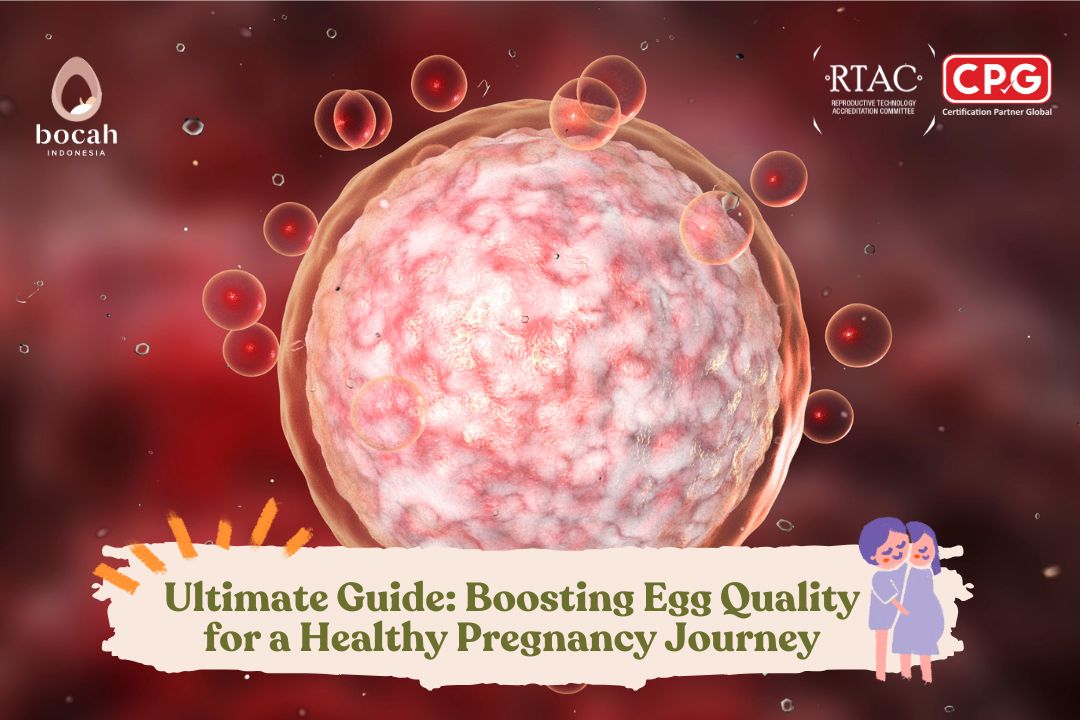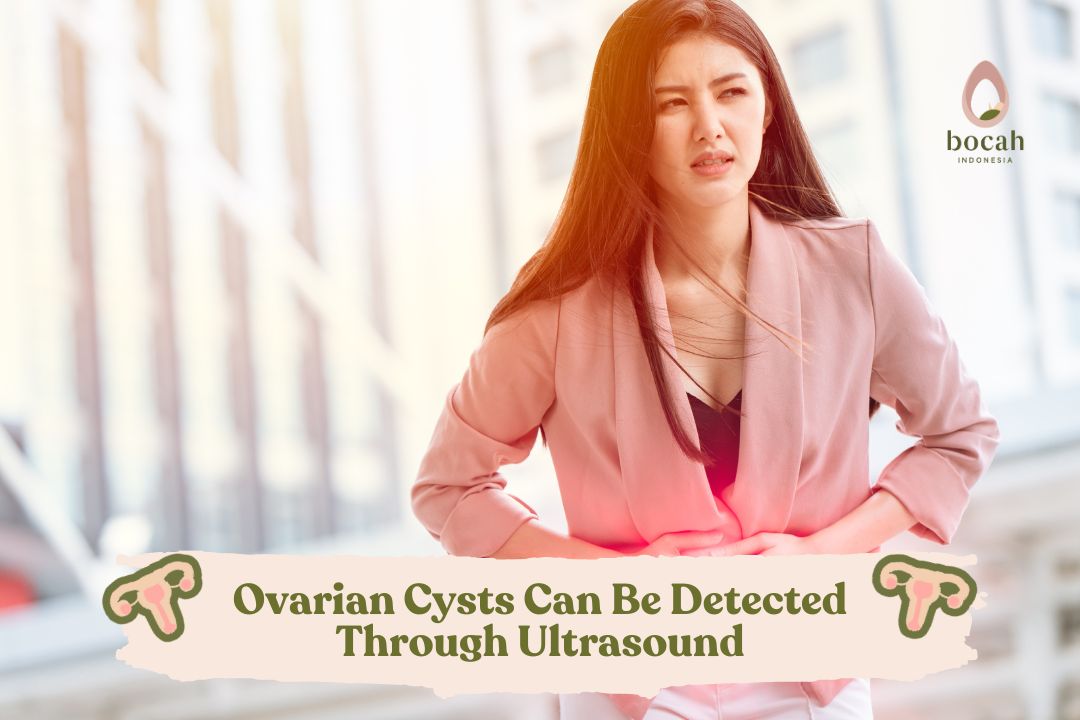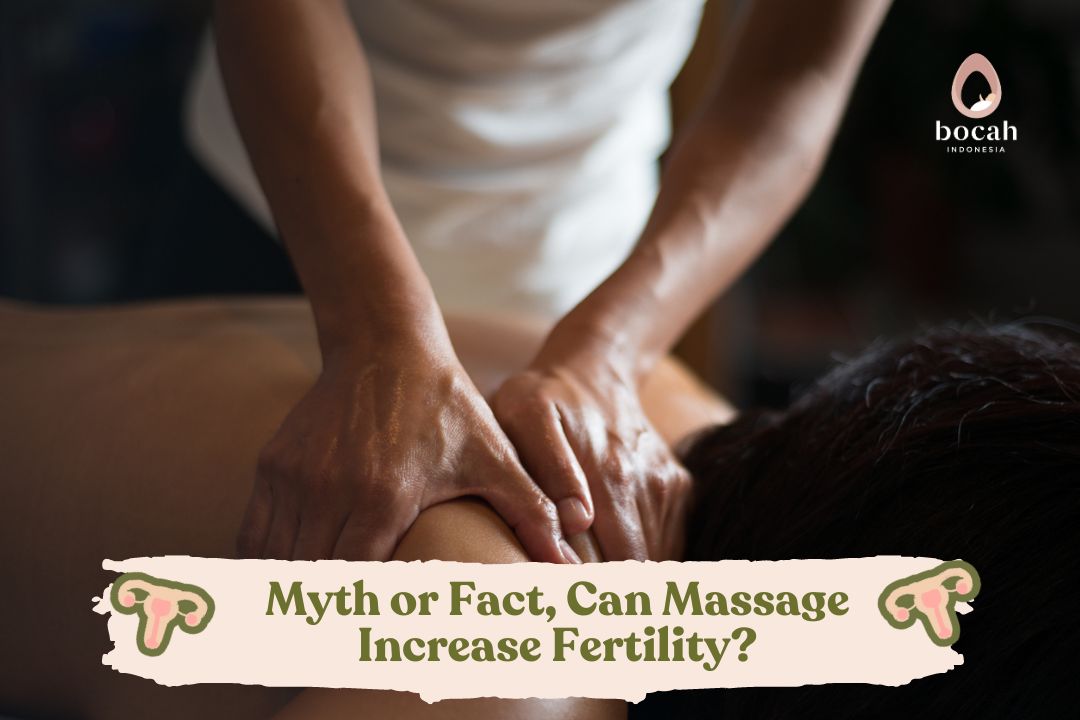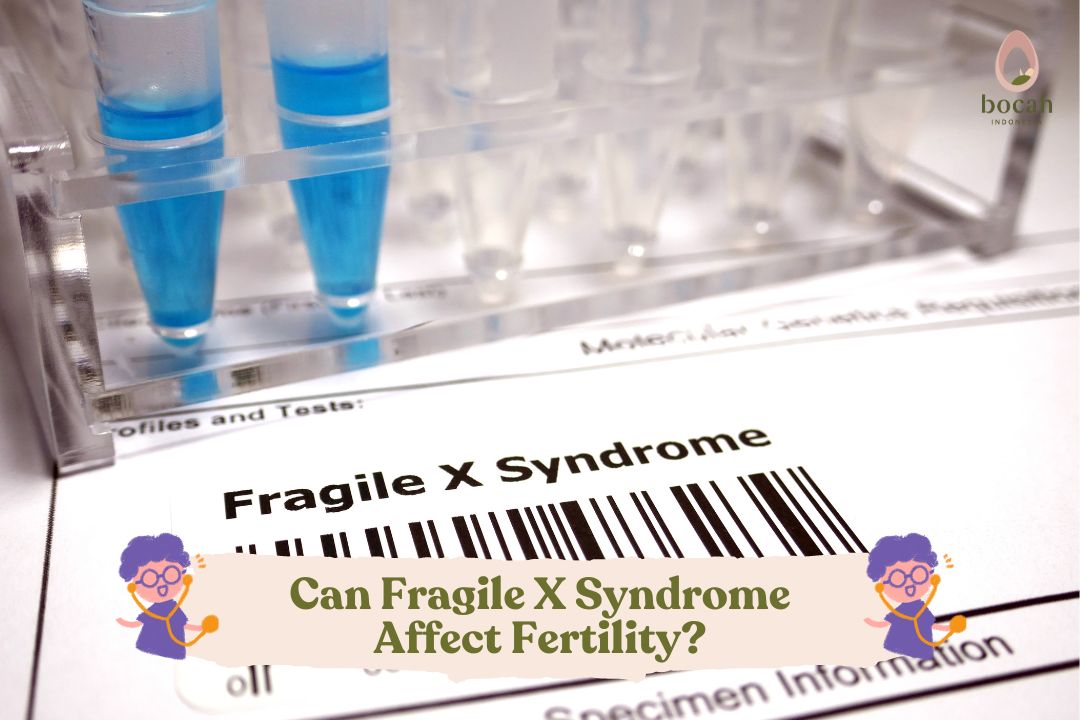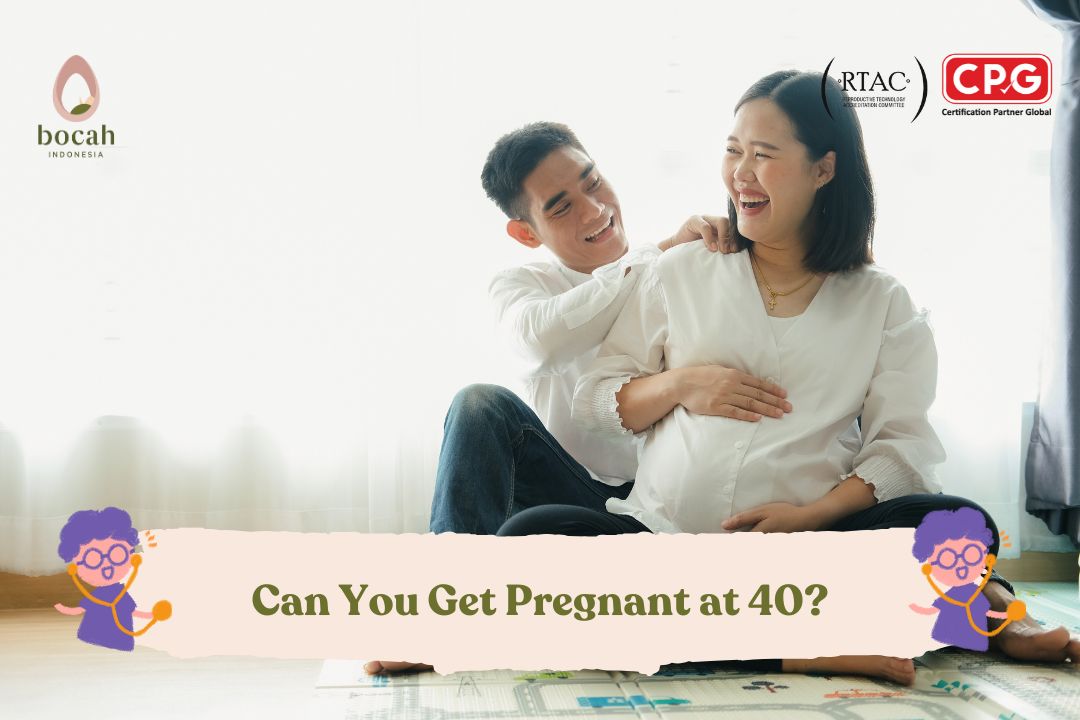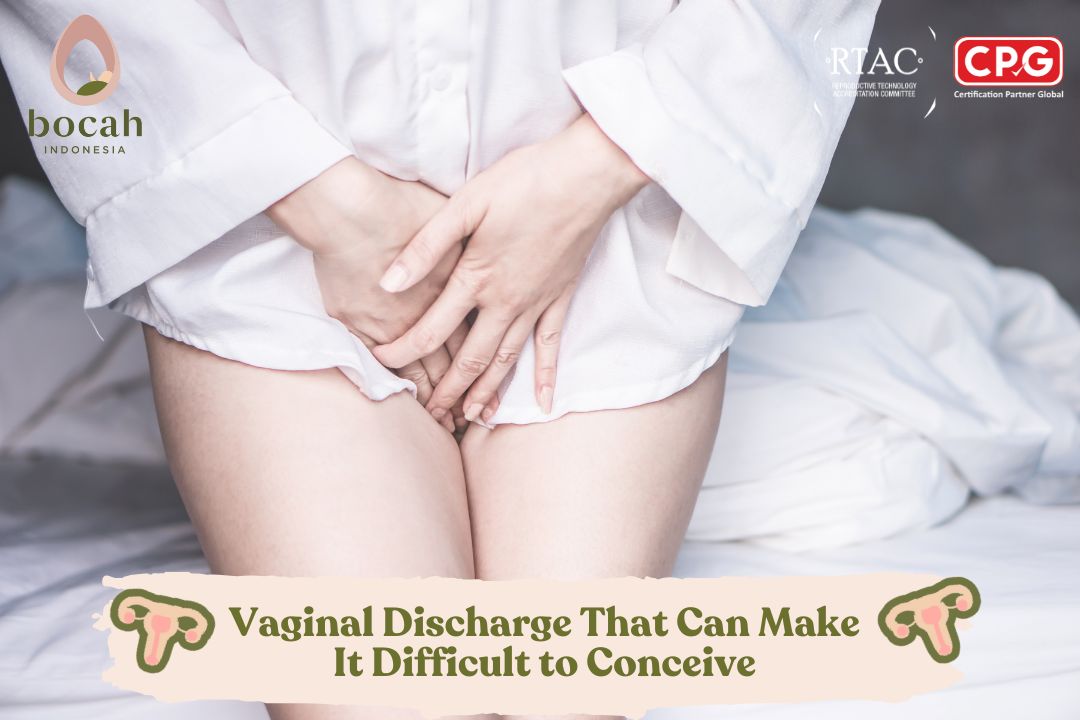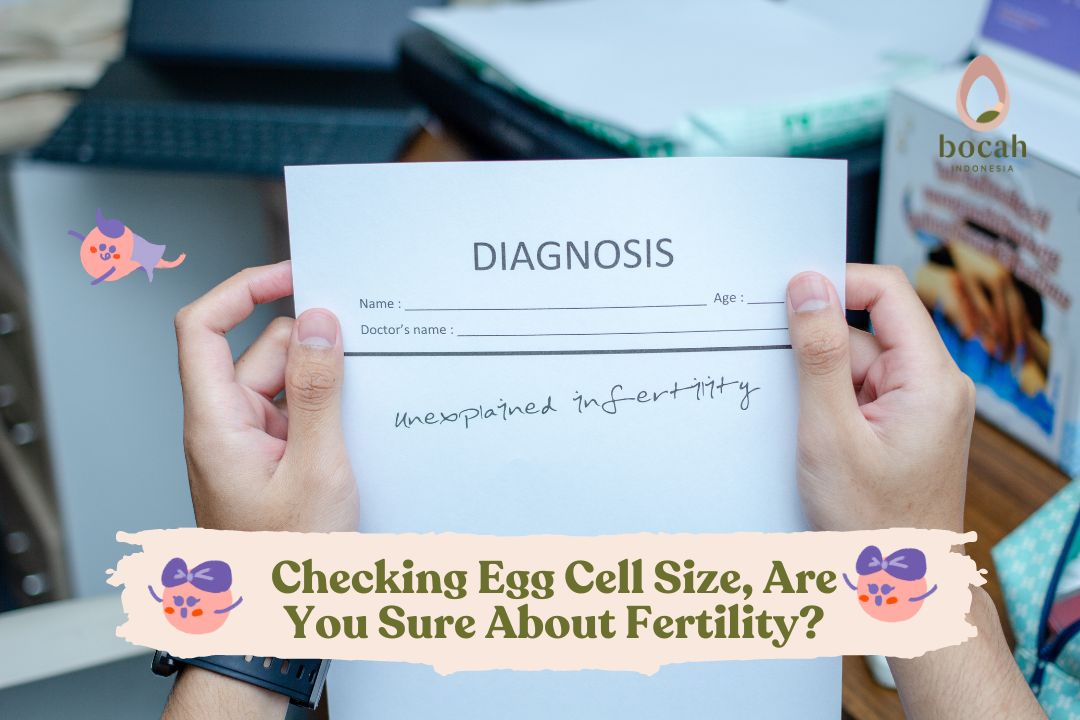Can Egg Quality Decline Due to Environmental Factors?
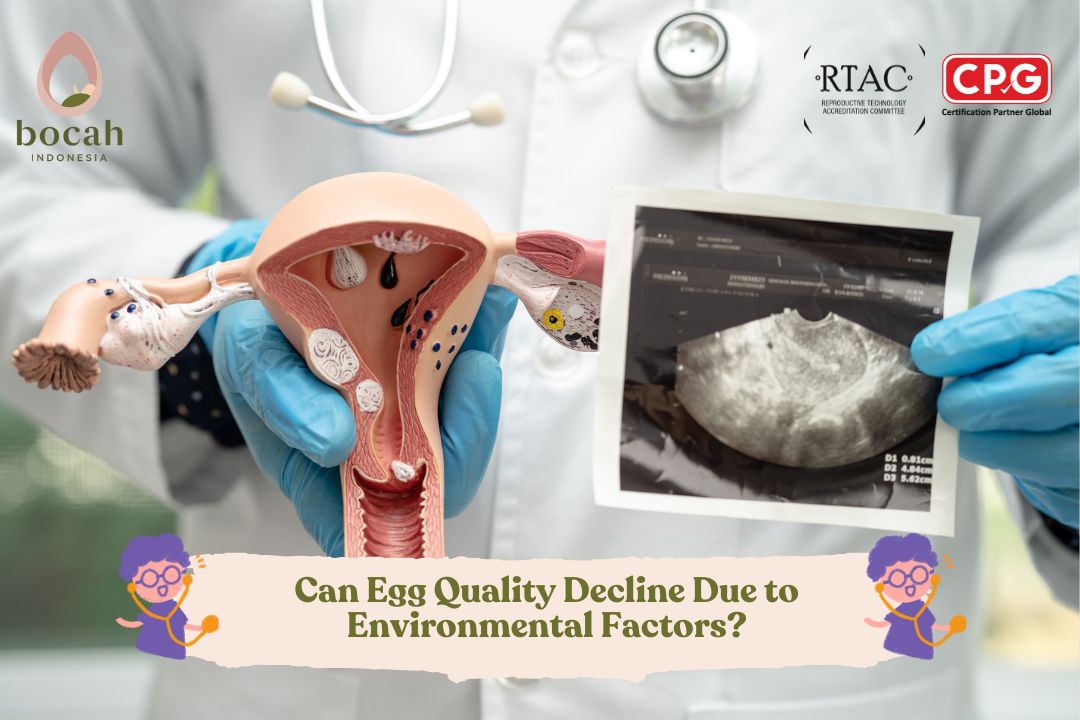
The ovum, or egg cell, plays a crucial role in the fertilization process. Good egg quality significantly affects the chances of a successful pregnancy. That’s why it is important to understand the factors that may influence egg health, including those coming from the surrounding environment.
Egg cells are reproductive cells that women are born with since they were in the womb. Over time, both the number and quality of eggs gradually decline with age. For this reason, women who are planning to conceive should pay close attention to their egg health.
Eggs have a complex structure consisting of the nucleus, cytoplasm, and an outer protective layer known as the zona pellucida. Each part plays an important role in fertilization: the zona pellucida protects the egg, the cytoplasm provides nutrients, and the nucleus carries the genetic material that will form the embryo.
Disruptions in the female reproductive system can decrease egg quality and negatively impact fertility.
What Factors Affect Egg Quality?
Several conditions may reduce egg quality, such as:
Tanya Mincah tentang Promil?
1. Age
One of the most significant factors is age. After the age of 35, both the quantity and quality of eggs decline significantly. By the time a woman reaches her 50s, she typically enters menopause and no longer produces eggs.
2. Health conditions
Certain medical conditions can impair egg quality. For example, endometriosis can cause inflammation in the reproductive organs and release toxins harmful to the eggs. This condition may interfere with egg maturation, increase the risk of miscarriage, and cause implantation issues as well as infertility.
3. Use of certain medications
Some medications may negatively affect egg quality and reduce the chances of conception.
4. Genetic factors
Genetics can also play a role. Women who carry genes linked to premature menopause may experience reduced egg quality earlier in life.
Do Environmental Factors Affect Egg Quality?
Environmental factors can indeed impact egg health. One of the most concerning is air pollution. Air pollution has been linked to irregular menstrual cycles and menstrual disorders.
According to a study published in Epidemiology, exposure to air pollution may reduce the number of mature eggs in the ovaries. The same study also noted that air pollution may account for up to 30% of unexplained infertility cases among couples.
Furthermore, air pollution can also affect fetal development, leading to low birth weight, congenital abnormalities, premature birth, and even miscarriage.
Another environmental factor is exposure to cigarette smoke. Whether through active smoking or secondhand smoke, tobacco exposure has been shown to negatively affect fertility. Higher levels of tobacco exposure may reduce the number of embryos that successfully develop.
Conclusion
Environmental factors do influence egg quality, although more research is still needed. To maintain fertility, women are advised to minimize exposure to environmental risks and regularly check their egg health at a fertility clinic.
Source:
- Gaskins, AJ., et al. (2019). Exposure to Fine Particulate Matter and Ovarian Reserve Among Women from a Fertility Clinic. Epidemiology. 2019 Jul;30(4):486-491.
- Gaskins, AJ., et al. (2018). Residential proximity to major roadways and traffic in relation to outcomes of in vitro fertilization. Environ Int. 2018 Jun: 115: 239-246. https://pubmed.ncbi.nlm.nih.gov/29605676/
- Conforti, A., et al. (2018). Air pollution and female fertility: a systematic review of literature. Reproductive Biology and Endocrinology volume 16, Article number: 117 (2018). https://rbej.biomedcentral.com/articles/10.1186/s12958-018-0433-z
- Missed Period: A Sign of Pregnancy or Another Issue? - 10/02/2026
- The Role of the Prostate Gland in Maintaining Male Fertility - 09/02/2026
- 3 Factors That Influence the Success of Insemination - 06/02/2026


